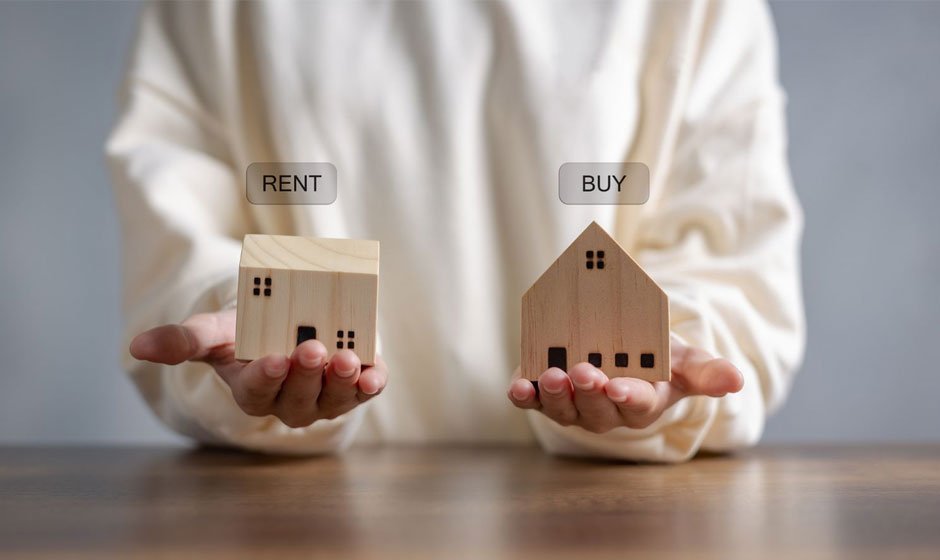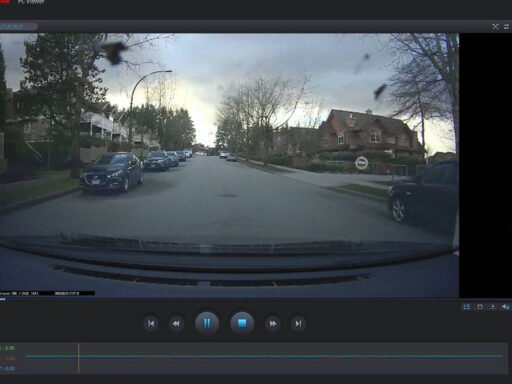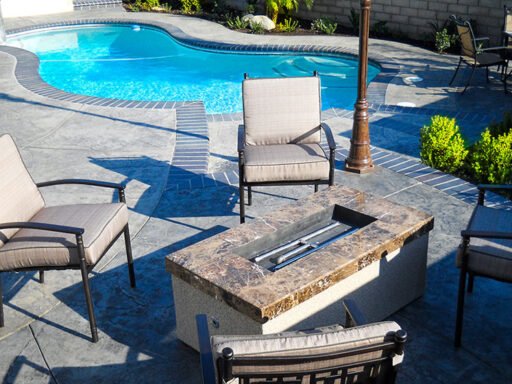Dubai’s bustling real estate market offers many options for renters and buyers. For those looking to settle in this vibrant city, the decision to rent or buy property is important. Each choice has its benefits and challenges, making it essential to weigh your options carefully. Whether you’re considering a flat for rent in Dubai or planning to purchase property, understanding the differences between renting and buying can help you make a decision that suits your lifestyle and financial goals.
Financial Commitment
One of the most significant differences between renting and buying is the financial commitment required. Renting usually has lower upfront costs; the tenant is expected to pay the first month’s rent and one month’s equivalent security. On the other hand, purchasing properties in Dubai requires capital investment, selling price, and other expenses such as down payment and registration fees. Renters can enjoy the flexibility of lower upfront expenses, while buyers need to be prepared for a larger initial investment that leads to property ownership.
Long-Term Investment Potential
Real estate is usually a long-term investment; therefore, you should ensure the ownership is legal when buying a property. Owners can benefit from appreciation as the property grows in value. They can make their fortunes if the Dubai real estate market properties go up, and one can sell them at a fancy price. Renting, however, does not afford this chance. Renters pay monthly fees for temporary accommodation without any potential return on that money. This means that for anyone who wants to venture into the property market, buying can provide financial rewards in the long run than can be experienced when renting.
Maintenance and Repairs
Maintenance responsibilities differ significantly between renting and buying. When you rent, the landlord is supposed to oversee repairing and maintaining things, including replacing a faulty appliance or water-related problems. This makes renting convenient because the holder of the rent is not pressured to pay for extra repairs. On the other hand, homeowners are fully responsible for all maintenance and repairs, which may entail more time and cash. A buyer has to consider paying maintenance costs, while a rent payer benefits from the fact that the house owner solves all maintenance problems.
Flexibility and Mobility
Renting turned out to be more flexible as compared to buying assets. Tenants can opt for small leases of six months or less; moving for work, school, or any other reason is easy. If a person decides that Dubai isn’t the right fit or finds a better opportunity elsewhere, moving out of a rented flat is not a big issue. On the other hand, buying a property is a long-term investment since selling a property may take a long time and entail some costs. Some individuals get attached to structures and may prefer renting since they frequently want to change their offices. In contrast, others who want to establish a permanent business base prefer buying property.
Impact of Market Fluctuations
Property ownership exposes buyers to market fluctuations. The value of a property can increase or decrease depending on real estate market trends. For buyers, a low property value may cause investors to incur a loss if they choose to make a sale during the recession. The property market, on the other hand, does not influence renters. They always make a fixed rent payment for their properties. Hence, they can easily estimate their monthly expenses. Buyers who fear market risks can better take refuge in rent than in ownership of a dwelling unit. People looking to avoid the risks associated with market volatility might prefer renting, while buyers willing to take on those risks may benefit from property appreciation.
Tax and Legal Considerations
In Dubai, property laws and regulations differ for renters and buyers. When buying property, there are obligations and costs: registration fees, agency fees and property taxes. All these should be considered when considering extra costs to arrive at an overall purchase cost. Tenants are usually legally and financially less bound, which makes the procedure easier and renting more accessible. Buyers must understand all legal aspects of property ownership, while renters benefit from fewer legal responsibilities.
Financial Security and Stability
Another advantage a property owner gets is the total security, which renting can never offer. Purchasers can have an assurance of property ownership free from concerns about lease renewals or rent increases. This stability can be especially attractive to residents planning to stay in Dubai for several years. On the other hand, renting is less secure as landlords may decide to increase the rent or not renew your lease. Purchasing may also benefit those needing a permanent home, while those looking for a temporary stay may find renting more convenient.
Deciding between renting and buying in Dubai involves weighing financial commitment, flexibility, and investment potential. Renting is, therefore, cheaper and more flexible, thus preferred by persons looking to rent for a short time only or frequently. At the same time, buying offers stability, an opportunity to make money, and the ability to change something in the property. With an understanding of the main differences between renting and buying, people can choose the best option based on their lifestyle, goals, and financial situation.





